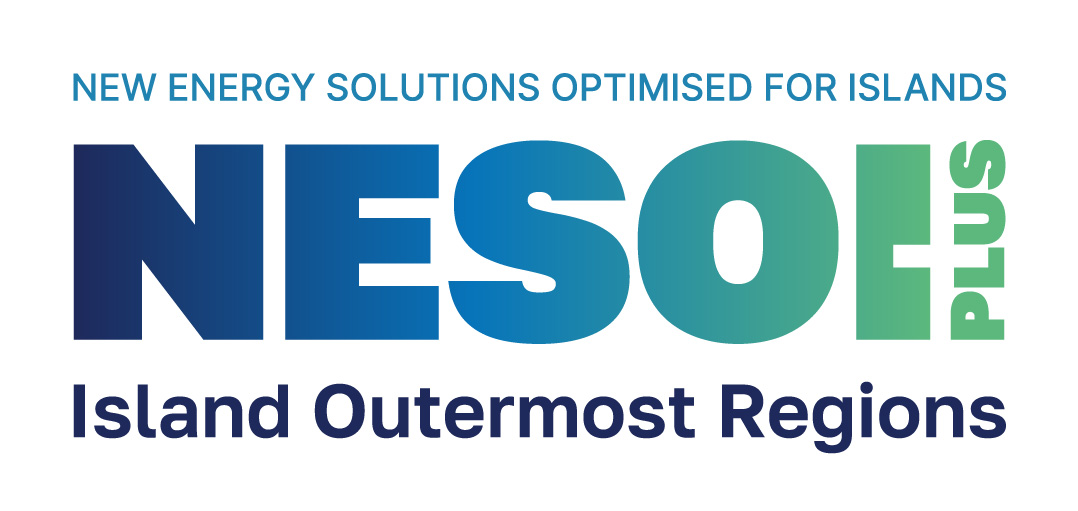Green Orkney Hydrogen Market Expansion (GO(H2)ME) is a project supported by NESOI European Islands Facility, managed by our partners from RINA, and promoted by PlusZero Ltd.
What is GO(H2)ME?
The Orkney Islands have abundant renewable energy resources that are currently partially wasted since the electricity system of the archipelago is weakly connected to the main grid. Implementing power-to-hydrogen solutions allow storing and transporting hydrogen as a clean energy vector, for the benefit of other islands, but also the mainland.
This Archipelago has abundant wind and marine resources. However, the future expansion of local renewables and hydrogen production on Orkney is limited by electricity interconnector constraints and the lack of transport mechanisms for moving hydrogen from the Island to the mainland. With the GO(H2)ME project, the idea is to produce H2 and transport it onshore or to other islands. The project aims to identify safe and viable transport logistic solutions with the aim of replacing diesel-fueled generators with a zero-carbon and zero-pollution alternative.
Moreover, thanks to the Orkney-based European Marine Energy Centre (EMEC) and the Orkney Renewable Energy Forum (OREF), contacts have been established with all relevant stakeholders and local communities in Orkney. Local councils, local businesses, and citizens are very supportive of avoiding wasting electricity and the idea of implementing greener solutions. Especially, they appreciate job opportunities generated thanks to the project and the ownership of wind turbines by communities.
Finally, the project presents a high replicability in the Scottish Western Islands, and in any islands where there is potential to over-produce electricity. For instance, Scandinavian and Danish islands are starting similar projects. Electrolysers are expensive and islands’ markets are usually too small to cover that cost. The H2 economy needs a revenue stream from the mainland market.
GO(H2)ME: wind energy and green hydrogen
The Orkneys already generates 120% of its energy needs from renewable sources, but the additional renewable energy capacity created could enable some local diesel use to be replaced with renewable electricity-based heating and transportation options.
This project aims to identify a safe and viable transport logistic solution for the transportation of green hydrogen gas produced on Orkney to new markets on the mainland and to calculate the positive impact of such a development in Orkney's energy system: increased the economic output from existing assets, opening new investment opportunities, local economic growth community savings and overall GHG emission reduction.
Moreover, this action would benefit the entire Orkney archipelago due to the widespread distribution of wind turbine assets and the potential benefits of being able to sell electricity that would otherwise be curtailed.
Expected environmental impacts
The project will not create primary energy savings as it seeks to increase demand for green hydrogen produced from islands renewable energy sources, with the aim of replacing diesel fueled generators with a zero carbon and zero pollution alternative.
It will however save 3,929 tons of CO2 emissions per year on the mainland (CO2 impact calculated from reduction in diesel consumption arising from replacing diesel generators with green hydrogen fuel cell power solutions at identified outdoor
events: 1l diesel = 2.63kg CO2).
How does NESOI Support this project?
The European Islands Facility (NESOI) aims to unlock the potential of EU islands to become the locomotives of the European Energy Transition. To do so, NESOI aims to mobilize more than €100 Million of investment in sustainable energy projects to give EU islands the opportunity to implement energy technologies and innovative approaches, in a cost-competitive way.
More specifically, NESOI has provided the following support:
- Assessment of local green hydrogen production potential
- Identification of suitable technological options for green hydrogen
- Storage in Orkney and transportation
- Cost Benefit analysis; socio-economic and environmental
- Impact evaluation
- Health, Safety, and Risk analysis for the identified solutions
- Business modelling and identification of target stakeholders to
- Kick off a green hydrogen value chain in Orkney
- Identification of financing/funding options
- Action plan for the roll-out of a green hydrogen value chain in Orkney
READ MORE INFORMATION IN THE DEDICATED PROJECT BROCHURE.


